Just as Gov. Newsom has signed his executive order to ban new gasoline-powered cars by 2035, ACAT Global has a solution to lower emissions and increase performance at an industry-low cost
North Charlevoix, Mich.—When General Motors was experiencing bankruptcy issues during the late 2000s and began selling off some of its assets, Joe Moch saw an opportunity.
“I purchased the emissions division of GM-Delphi when they began throwing things overboard,” said Moch, who is CEO of what became ACAT Global, a manufacturer of catalytic converters, adding that the technology he bought had been developed over a period of 18 years with R&D in excess of $500 million.
Since that time, ACAT (Advanced Clean Air Technologies) has improved on its cat technology. “It’s now more durable than anyone has ever made and now we’re targeting CARB (California Air Resources Board) approval on a whole list of catalytic converters that’s being prepared in the next few weeks.
“We’ve gotten to the point where we’ve proved the technology, which improves emissions and gives 20 percent more horsepower. It’s a unique situation, because we’re embracing environmentally minded people, as well as those who want higher performance — we have the best of both worlds. There’s not a catalytic converter in the world that can compare to ours at a cost that’s less than the competition.”
In view of California Gov. Gavin Newsom’s recent executive order to ban the sale of new gasoline-powered vehicles by 2035, and ACAT on the brink of getting CARB approval, Moch questioned the governor’s move and the ability to power all of the presumed electric vehicles.
“It’s unusual to have a product that takes 25 percent of the pollution out of the air and increases mileage up to three to four miles a gallon of gas, and then come to face with people who want to go all electric with vehicles.”
ACAT’s challenge now is going to market and the company is presently in discussions with OEMs for automotive, motorcycles and larger diesel applications. ACAT will also be in a position to sell directly to auto repair shops.
ACAT’s lower cost is attributed to a number of factors, among them are fewer earth metals used in manufacturing. Its proprietary metallic herringbone substrate technology uses a special welding process, so its cats can also be formed into a variety of shapes, sizes and cell densities.
“Our monolith wrap, developed with 3M, also reduces the exterior temperature by 400 degrees, so that it doesn’t require a firewall or floorboards, which makes it easier to install depending on where it’s placed.”
Now that ACAT is on the launch pad for broad use and distribution, Moch was asked if the technology almost sounded too good to be true, and he chuckled.
“We have it and we’re introducing it — you better believe it.”




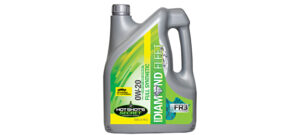
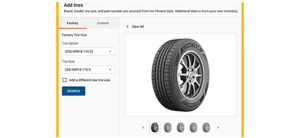
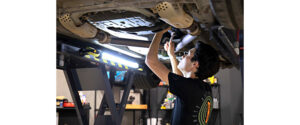
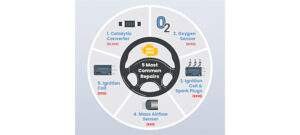
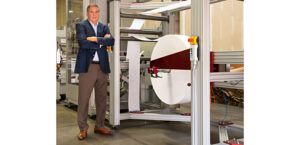
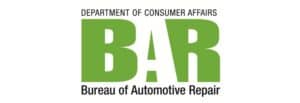
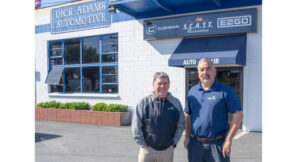
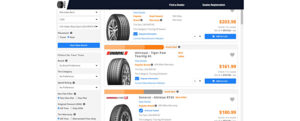
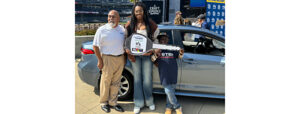
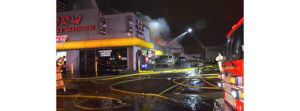
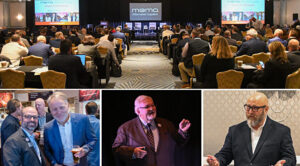
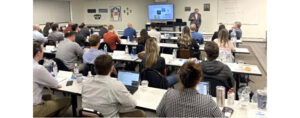


Comments are closed.